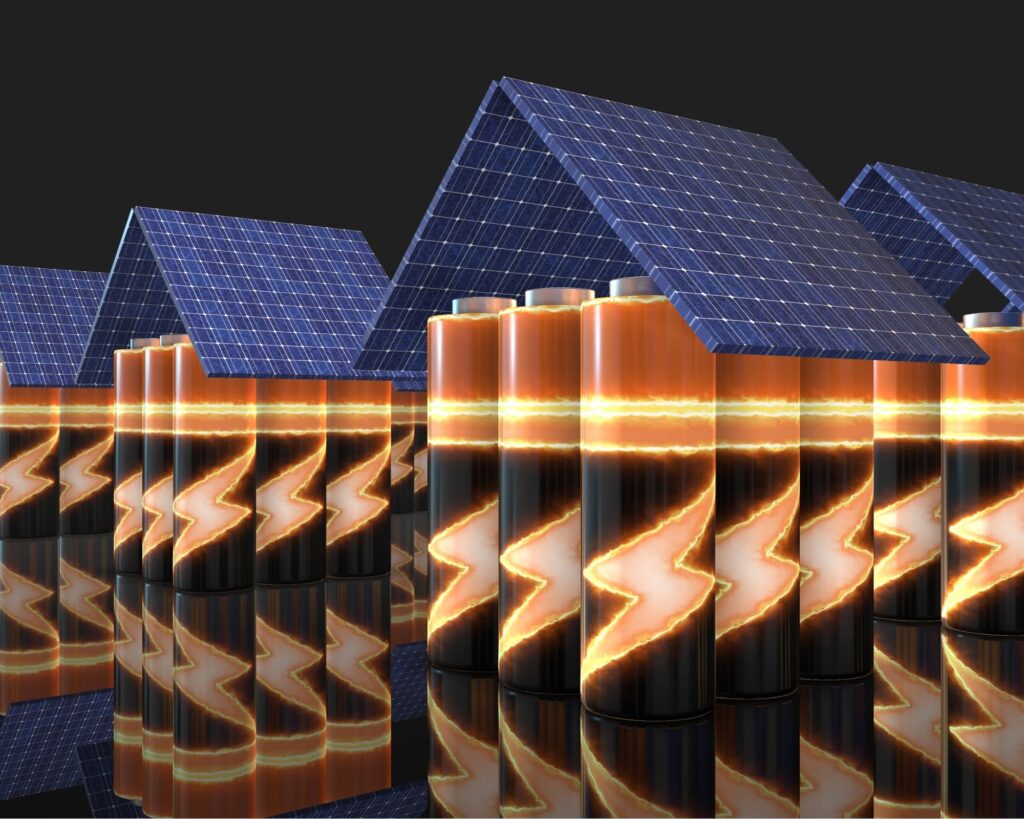As the renewable energy sector continues to evolve, the role of lead-acid batteries in photovoltaic systems is being reevaluated. Advances in battery technology have introduced alternatives such as lithium-ion and solid-state batteries, which offer higher energy densities, longer lifespans, and greater efficiencies. However, lead-acid batteries still hold a place in certain segments of the market due to their low cost and established supply chain.
For remote or off-grid PV systems, lead-acid batteries remain a viable choice, particularly in areas where capital costs are constrained and advanced battery technologies are less accessible. Their ability to perform reliably in extreme temperatures and their relatively simple recycling process are additional benefits that sustain their relevance in these environments. However, the industry is moving toward more sustainable and efficient storage solutions as part of broader efforts to optimize the performance and environmental footprint of PV systems.
In conclusion, while lead-acid batteries will likely continue to play a role in PV systems, particularly in lower-cost or niche applications, their dominance is gradually giving way to more advanced technologies that better meet the needs of modern, large-scale energy storage demands.


